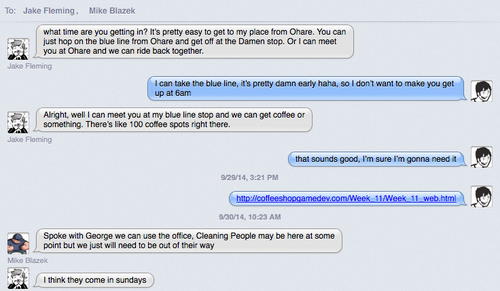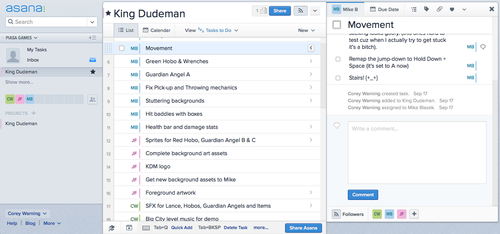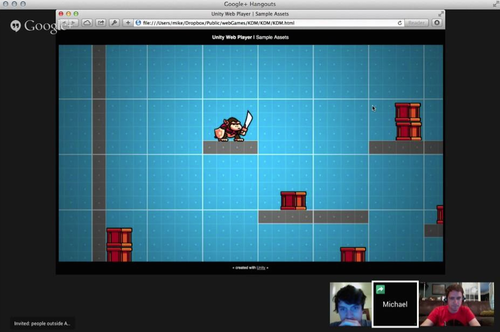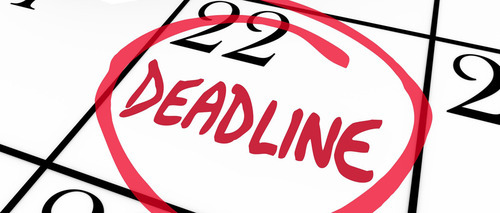Trending
Opinion: How will Project 2025 impact game developers?
The Heritage Foundation's manifesto for the possible next administration could do great harm to many, including large portions of the game development community.

Featured Blog | This community-written post highlights the best of what the game industry has to offer. Read more like it on the Game Developer Blogs or learn how to Submit Your Own Blog Post
Breaking down how we stay focused and motivated while working on a project through different time zones and lifestyles.

We know quite a few teams who are in the same boat as us; collaborating while working in different time zones can be a huge challenge. 2 of us are located in Chicago, and another in Portland, OR. Some nights one of us will be preparing to power through a long list of tasks, while another is hitting the sack. Add full time jobs, family, and a social life into the mix… you see where this is going.
It’s easy to lose touch or get burnt out, so here’s a few things we do to stay motivated and keep the conversations going from day to day.
Instant messaging

Since we’re a small team of 3, iMessage/iChat works perfectly fine for us. We keep it simple by having a group message going at all times. It’s nice for going over quick topics during your lunch breaks, or just checking in to see how everyone’s weekend went.
For larger groups, we’ve heard good things about apps like Slack. Just be sure not to forget any good ideas you toss out at random moments throughout the day. Which brings us to another important tool:
Task management

Write. Down. Everything. Someone on your team should be charged with keeping track of ideas and notes you discuss in a Game Design Document, and a task management app like Asana. Be sure to assign tasks to each member so everyone knows what they should be working on. There should always be work assignments available, so be sure to stay on top of those tasks! Ask your team to leave comments and questions as frequently as they can, and try to be as detailed as possible with your task notes. When necessary, include screenshots or videos to better demonstrate what you’re trying to get across. It’s like your mom always used to say, “I’m not a mind reader!”
We’ve tried quite of few of these, and one thing we learned is there are pros and cons for every app. Play around with a few and find one that fits your team’s vibe. Make sure it’s synced to all your devices as well, and be careful with push notifications.
Weekly video meeting

This can be a tough one. If your entire team can commit to a specific day of the week, DO THAT! But for most people, this just isn’t going to work (for example, when football season starts.) Google hangouts are great for popping in to get everyone caught up face-to-face, and being able to screen share is a huge benefit. We’ve had a blast watching Jake mock up characters in real time, and learned a lot about how our enemy AI is setup by having Mike turn every hit-box and gizmo visible in Unity.
Keep the meetings short and focused. 30-60 minutes should be all you need for regular hangouts. Don’t spend all your time talking, or you’ll never get anything done. That being said, have your project manager prepare some notes for what you all want to go over before you login. Again, always take notes!!
Take a break
We really can’t stress this enough. If your team is getting burnt, take a few nights off. It takes a lot of motivation to come home from a full day of work, and then put another 3-5 hours in on a side project, no matter how badly you want it. If you’re not missing any deadlines, hell, take a week! Everyone needs time to recharge, so take advantage of your free time when you’re not staring down a fast approaching deadline. Oh yeah, about those…
Set deadlines

Making a timeline on passion projects might not seem important, but it’s a good idea to have some short term goals in place. Maybe there’s an event you’d like to show your game at… Sign up and set some deadlines!
When we started working on our Christmas themed game, we knew if we missed the holiday season, the release just wouldn’t make sense. This drove us to work on it almost every night and focus on what had to get done vs. things we were ok cutting out. You don’t have to set a release date, but try to make deadlines that have real meaning behind them.
You May Also Like